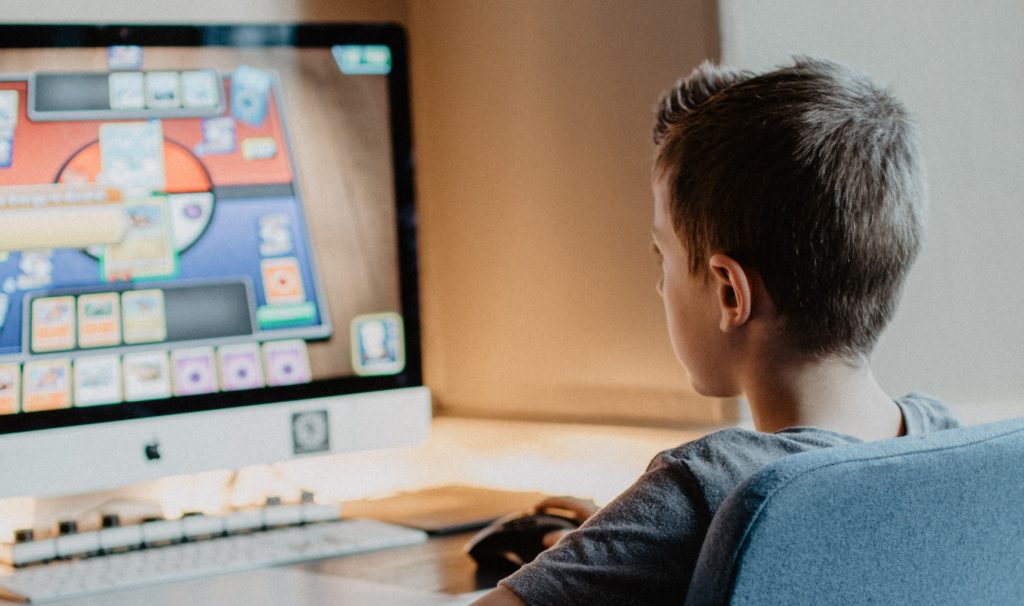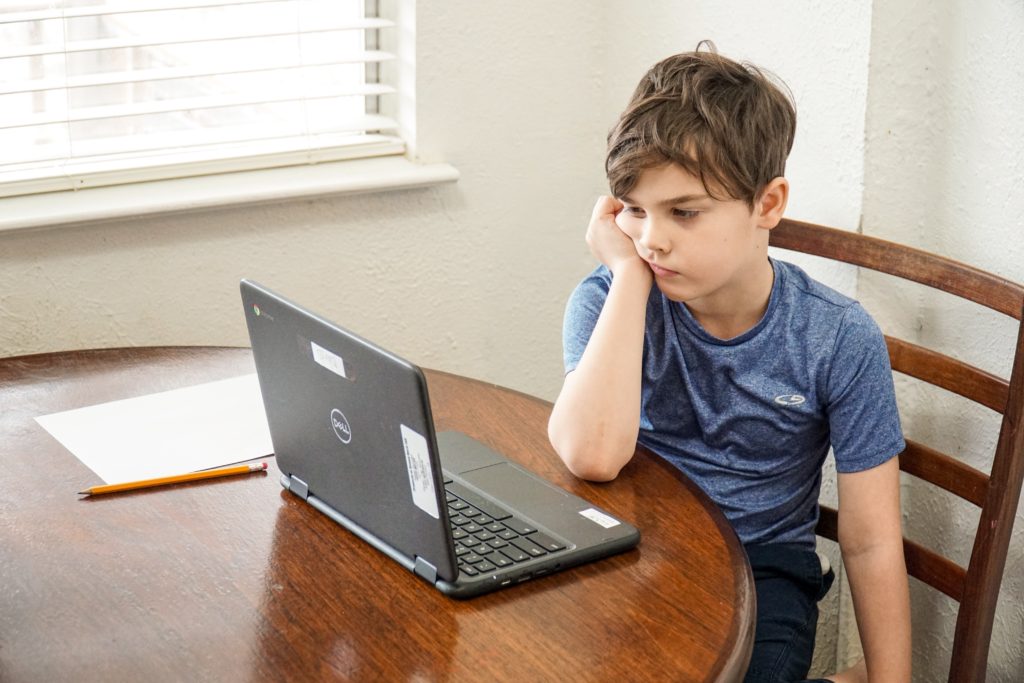Table of Contents
Stress, while a natural and important part of the body’s function, can be a great detriment to learning. When the brain is in a state of stress, the forming of new memories and consolidating of information learned is put on the brain’s back-burner in favor of giving energy and focus to solve the problem. However, oftentimes, the brain’s stress systems are left on too long or are overwhelming to the person, resulting in anxiety and compounding stress. This is especially common in schools, and so this article will give teachers research based ways to help students cope with stress in their classes and life.
The problem of stress is only exacerbated by the modern world which seems to require more and more stress to be successful in competitive school and work environments around the world. Additionally, stress is something that often goes unnoticed or dismissed as not that serious by the individual themselves due to the constant level of stress many experience.
While stress can be a serious problem, research shows that it isn’t all bad. Recent research out of Boston Children’s Hospital shows that the first step to tackling and managing stress in a healthy way is to identify it and be mindful of its presence. (Ducharme et al.)
Stress is all too often unnoticed or dismissed as not that serious by the individual due to the constant level of stress many experience and the cultural norms saying it is just a part of life. This research can help teachers develop strategies to help students cope with stress in a healthier way and improve their emotional and metacognitive intelligence.
New Research on Coping with Stress

The purpose of the research was to look into novel methods to help people manage their anger and stress due to the side effects and low efficacy of other methods such as medication and therapy. The research team developed a video game called RAGE-Control (Regulate and Gain Emotional Control) where players piloted a spacecraft and had to shoot down asteroids while allowing friendly crafts to pass through unharmed. The way stress management was brought into the game was by attaching a heart rate monitor and removing the player’s ability to shoot if their heart rate increased.
The study was conducted on students with diagnosed anger issues and the findings showed that “Larger pre to post decreases in heart rate were significantly associated with larger pre to post decreases in aggression and oppositional behaviors.” (Ducharme et al.)
In other words, students who had a diagnosis of anger issues that played the game had a significant reduction in the number of anger related discipline issues after their trial with the experimental game.
Another important finding is that “RAGE-Control reduced behavioral expression of anger, but not the experience of angry feelings…” (Ducharme et al.) This detail shows that the game didn’t actually cause students to experience less anger, but instead taught them the skills to better manage the stress caused by their angry feelings in a healthier manner. Emotions themselves may be a difficult thing to erase, but with proper training, this research shows that stress can be managed in a healthier way.
How to Help Students Cope with Stress
If a simple trial of a stress management game can produce results, teachers can also implement emotional education strategies to help their students develop the ability to cope with the emotions they feel in a healthy way. Just by helping students to recognize their own emotions and develop the ability to manage them can create a real world difference in how they function in their daily interactions with others.
1: Help students recognize their own stress signals.
As shown in the study, the first step to being able to manage stress is to recognize the stress response and how it manifests. Even without technological feedback, students can be taught to recognize how stress affects them personally. Everyone has their own way that their body responds to a stressful situation. In some students they may respond by tensing their shoulders or restlessly tapping their foot or even biting their lip. These initial signs of stress often go unnoticed by the person experiencing stress, and so teachers can help students by informing students of signs they notice and remind students when they are letting stress get the better of them.
By simply teaching students to recognize when their stress level is rising, students will be better able to respond to their stress and develop good habits around their stress response. Changing the body’s natural stress response is difficult, and neither student nor teacher should expect quick results, but through regular kind feedback, students can slowly learn to adapt their behaviors and avoid many of the negative effects of stress.
2: Use games to help students learn to manage their stress response.
While not all teachers may have the technology to hook students up to heart rate monitors, there are still games students can play which will help them to develop their ability to manage their emotions under the stressful interrogations involved in the game. However, if a student has a smartwatch or fitness device, these devices often have a way to track heart rate and could be used for a low tech version of the experiment. While the teacher wouldn’t be able to stop the game from working when the heart rate rises, the teacher could have a student watch the heart rate and call out if it rises above a certain level, costing points or some other creative idea.

Additionally, games such as Mafia (AKA Werewolf) are perfect for helping students to remain calm and collected when under pressure. Egyptian Rat Screw is also a great game for pairs or small groups of students to develop a calm focus while watching for patterns. Having students play these games while being mindful of their emotional reactions can help them to develop abilities similar to how the game in the research study did.
3: Teach Mindfulness
Another great way for teachers to help students develop their metacognition around their stress response is to include meditation and emotion journaling when possible. Taking class time for a brief guided meditation to calmly and quietly focus the mind might seem like a waste of time to some teachers, but previous research studies show it could drastically improve the efficiency of the remaining time by getting students “into the zone.”
Just a few minutes of meditation at the beginning of class “improved students’ retention of the information conveyed during the lecture in each of the three experiments. (Ramsburg, and Youmans) There may not always be time, but even a couple of minutes each morning at the start of the school day or as a calm down when class gets hectic can help students to refocus and learn more than they would have if those couple minutes were used for something else when the students weren’t mentally prepared to learn.
Another tried and true method for developing emotional regulation and metacognition is emotion journaling. This strategy not only allows students to think about their emotions through the teachers prompts and process their emotions in a safe and private place, but journaling also improves students’ ability to write and so has additional benefits that can be used to sway skeptics. Because the writing prompts can be adapted in endless ways, teachers can use this time to help prime students for what they are going to be learning or help students reflect on the days learning and how it applies to their lives and how they feel. This can be a great way to help students cope with stress while still working on other skills and think about class content.
While it can be difficult to lose even a minute of class time, this time to reflect isn’t just for students, but should also be practiced by teachers themselves. Not only does this model good behavior for students, but all of the benefits the student receives can be enjoyed by the teacher as well. Taking a minute to refocus before class can improve how teachers respond when difficult situations arise in the classroom. Teachers can also participate in the emotion journaling by giving themselves their own prompt or using the students’ prompt when appropriate. This couple of minutes can help the teachers set their intentions for the day and mentally prepare them to cope with the challenges of the day in a healthy and mindful way just as they hope their students are doing.
Want more like this? Make Lab to Class a part of your weekly professional development schedule by subscribing to updates below.
References
Ducharme, Peter et al. “A “Proof Of Concept” Randomized Controlled Trial Of A Video Game Requiring Emotional Regulation To Augment Anger Control Training”. Frontiers In Psychiatry, vol 12, 2021. Frontiers Media SA, doi:10.3389/fpsyt.2021.591906.
Ramsburg, Jared T., and Robert J. Youmans. “Meditation In The Higher-Education Classroom: Meditation Training Improves Student Knowledge Retention During Lectures”. Mindfulness, vol 5, no. 4, 2013, pp. 431-441. Springer Science And Business Media LLC, doi:10.1007/s12671-013-0199-5.



